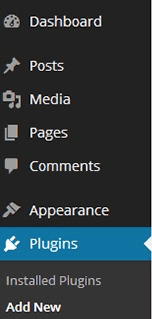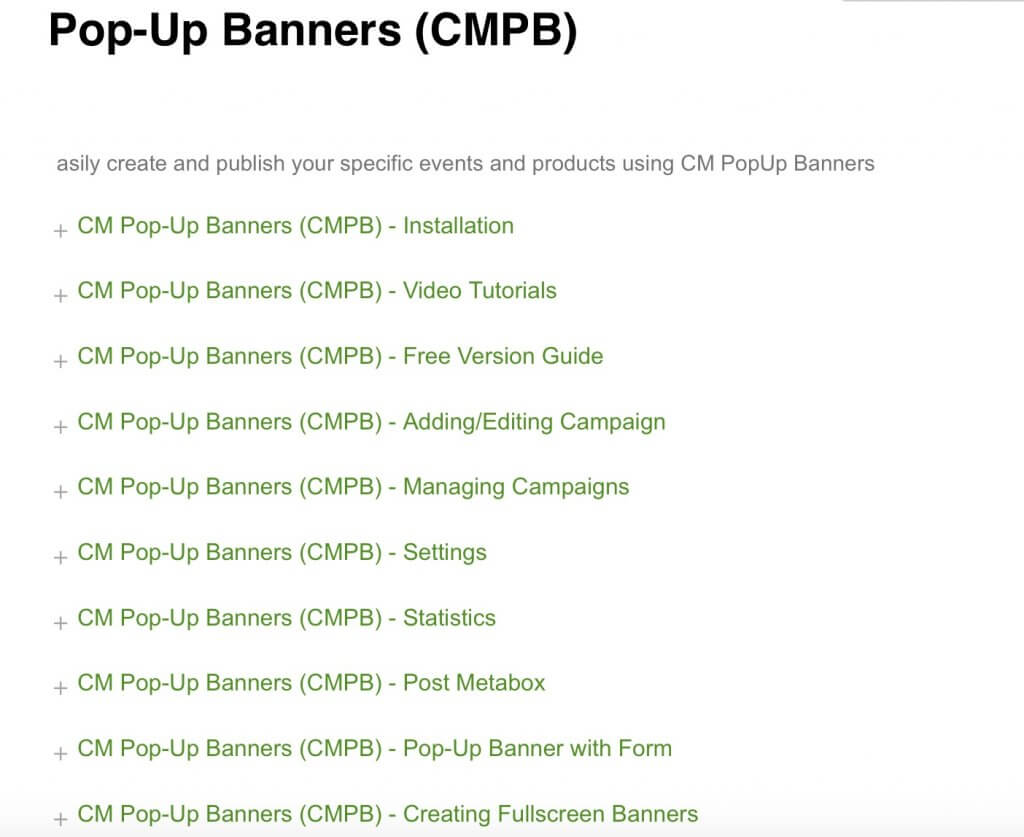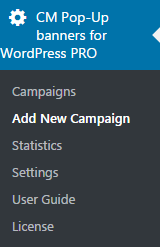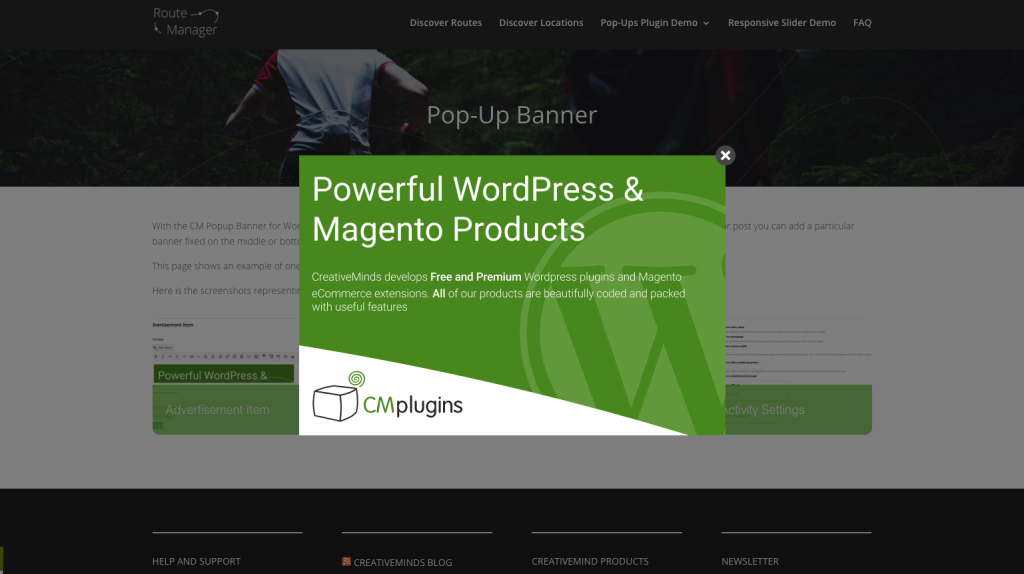Popups offer the opportunity to captivate readers and leave a lasting impression. You can fill them with product announcements, event invitations, promotional offers, forms with newsletter subscriptions, and much more. It is important to create popups that align with your website’s branding and user experience while maintaining a balance between being eye-catching and non-intrusive.
This article will teach you how to install and use our popup plugin on your WordPress site to boost your audience’s engagement.

Popups are a good tactic to employ on a WordPress website since they are a direct call-to-action, by telling customers to click, buy, subscribe, or perform any other action they are asked for. They are excellent marketing tools as they provide customers with helpful information about sales, products and services.
Check our blog post on how to use WP Popup Plugins if you’d like to learn more!
Almost any type of information can be distributed with a popup, including as a way to build an email list or gain social media followers. Popups appear once a website has loaded and is usually in the center of the screen. They need to be clicked on in order for the popup window to go away or minimized, which makes them difficult to ignore.
May 2025 Offer – For a Limited Time Only:
Get WordPress Popup Plugin for 15% off! Don’t miss out!
Popups are also incredibly eye-catching. They can be fully customized with bright colors, animations, text, etc., which increases conversions and attracts more website visitors. WordPress Popups are an incredibly effective marketing tool and a great way to build a solid customer base.
Creating and adding popups to your WordPress site can be completed in different ways. There are helpful WordPress plugins that walk you through all the steps of creating a campaign and customizing it.
1) Installing WordPress Popup Plugin

Once you’ve selected the WordPress popup plugin which you want to use, you simply need to install it. Download it to your computer, navigate to the plugin tab on the WordPress dashboard, and click “Add New.”

At the top of the page, select “Upload” from the options, and select the downloaded file from your computer when prompted by your computer screen. Then click the “Install Now” button. Once that is completed, select the blue “Activate” button which appears and you are done!
Free WordPress popup plugins can be downloaded from the WordPress plugin library, which is wordpress.org. For the pro versions, the plugin license will need to be activated. Navigate to the Licenses section and upload the license there, then activate it.
2) Review Documentation
Many WordPress popup plugins have extensive written or video documentation in order to fully explain what the plugin is capable of. The CM Popup Plugin by CreativeMinds has twenty-two different documentation pages for users to refer to for installing, creating campaigns, troubleshooting, and much more.

Documentation can also provide solutions when users run into problems or have questions about a plugin. You can use the popup plugin documentation for troubleshooting issues or read about the plugin’s additional features instead of contacting support.
3) Prepare popups
When designing popups, the admin can do so manually or use an integrated creator, which some plugins come equipped with. This is a step-by-step builder which is completely user-friendly.
Plugins can let users place HTML code in a popup. On the WordPress dashboard, navigate to the Add New Campaign tab for the plugin. Shortcodes can also be used to create forms inside the popups, as a way to receive customer information like names and email addresses.
4) Create A Campaign
Find the “Add New Campaign” button on the WordPress dashboard, and provide a name and content for the campaign in the prompted boxes. This includes links, images, text, etc. Users can also choose which type of popup they want.

Once a campaign is created, users can customize the visuals including the display method, width, height, padding, background colors, background images, shape, content formatting, and much more. There are also more advanced settings like delaying a popup to setting a timer, or choosing how often a popup appears.
5) Examples
There are many different examples of successful WordPress popup campaigns. You get to determine how complex your ads should be. You can create a popup with a simple newsletter subscription form that appears only once during a visit, or schedule a certain day or time frame for a set of popups with videos.

Admin can run a popup campaign on the exact same time every week using the activity days control. They can also define multiple date ranges including their exact time, in the plugin settings.

Conclusion
Popups are a great visual marketing tool for any WordPress website. They are fully customizable and can provide users with time-sensitive or helpful information, including gaining social media followers and much more.
Installing WordPress plugins can be a simple process, and documentation can be helpful to understanding and implementing the popups to the best of its ability in order to help your WordPress website.


